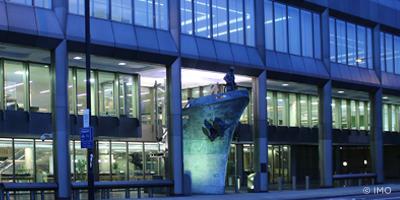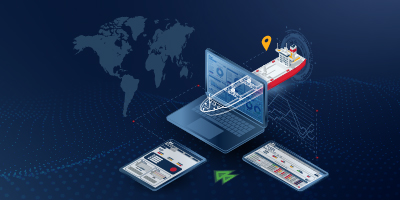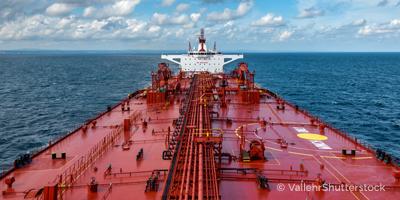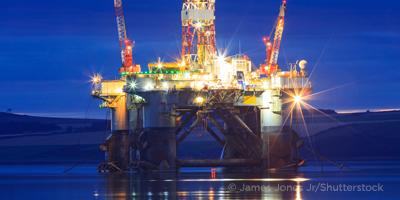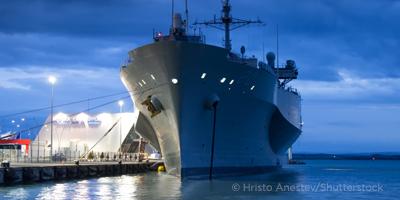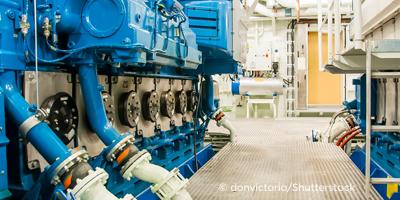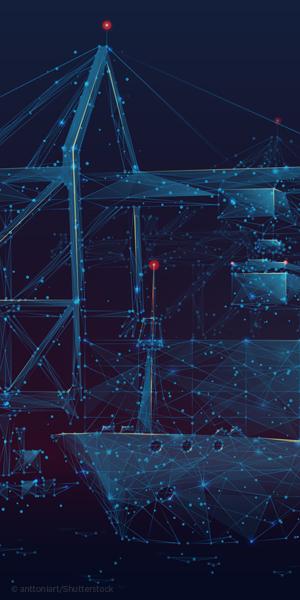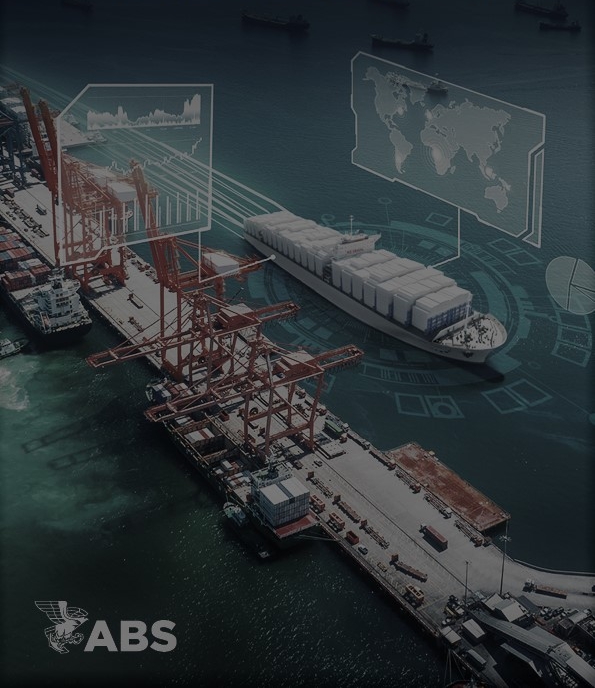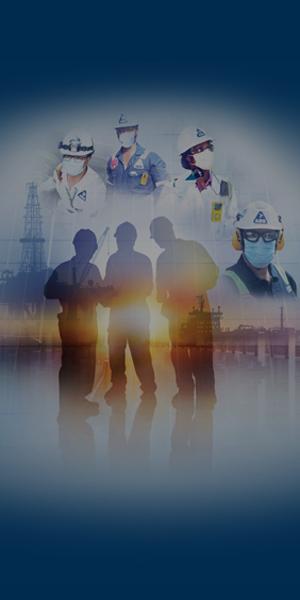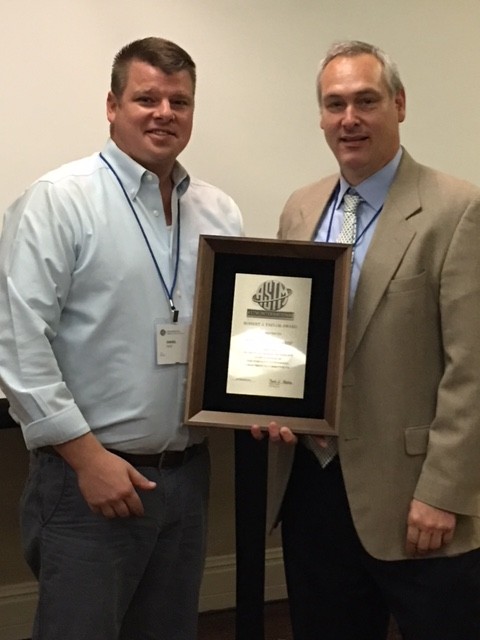ABS’ Daniel Wesp receiving his award plaque from Todd Ripley, Head of the ASTM F25 Committee.
A team of experts from ABS has been honored by standards development organization ASTM International for their work developing new LNG, Safety and cyber security standards.
The Robert J. Taylor award, named after the first chairman of ASTM’s Ships and Marine Technology committee F25, is given to companies demonstrating strong support of the committee’s work.
Dan Wesp, Kevin McSweeney, and John Jorgensen of ABS were recognized for their efforts to deliver a portfolio of Liquefied Natural Gas standards, and for development of two safety reporting standards. The ABS team was further nominated for their work on the Guide for Recording and Reporting of Injuries and Illnesses for the Maritime and the Guide for Reporting and Recording of Near Misses for Maritime. The team’s technical expertise and leadership was also key to development of the Guide for cyber security and Cyberattack Mitigation.
Dan is the Technical Vice Chairman of ASTM F25 Committee. His role is to primarily support the eight technical subcommittees and plays a key role in the development of several LNG standards within ASTM F25. His contribution supports the underlying mission of Global Gas Solutions, Global Marine and ABS to be a trusted advisor to clients and the industry.
John Jorgensen, Chief Scientist at ABS CyberSafety, said: “We are proud to be able to contribute to a committee that is conducting such vital work to improve the safety of life and operations at sea.
“We have heard clearly in recent meetings how cyber security, safety, cargo management, and automation systems are converging with the worlds of data and software more rapidly than we had previously imagined. Full integration of systems and capabilities will require much more human interaction and knowledge generation than we have seen with the simpler automation and ‘smart’ systems now in use. Mariners, technicians and operators in offshore assets and port facilities will need skills to address complexity, security and data management concerns.
“This is where the value of these standards comes in; to help mariners and offshore operators understand the bounds within which they will operate the automated systems. Standards and Rules will be built into the specifications for increasingly-automated ships and other offshore installations, leading us toward the autonomous vessels now being prototyped. These will all play a role in the imminent development of the ABS-Ship Operations Co-operative Program Autonomous Vessels Consortium.”




